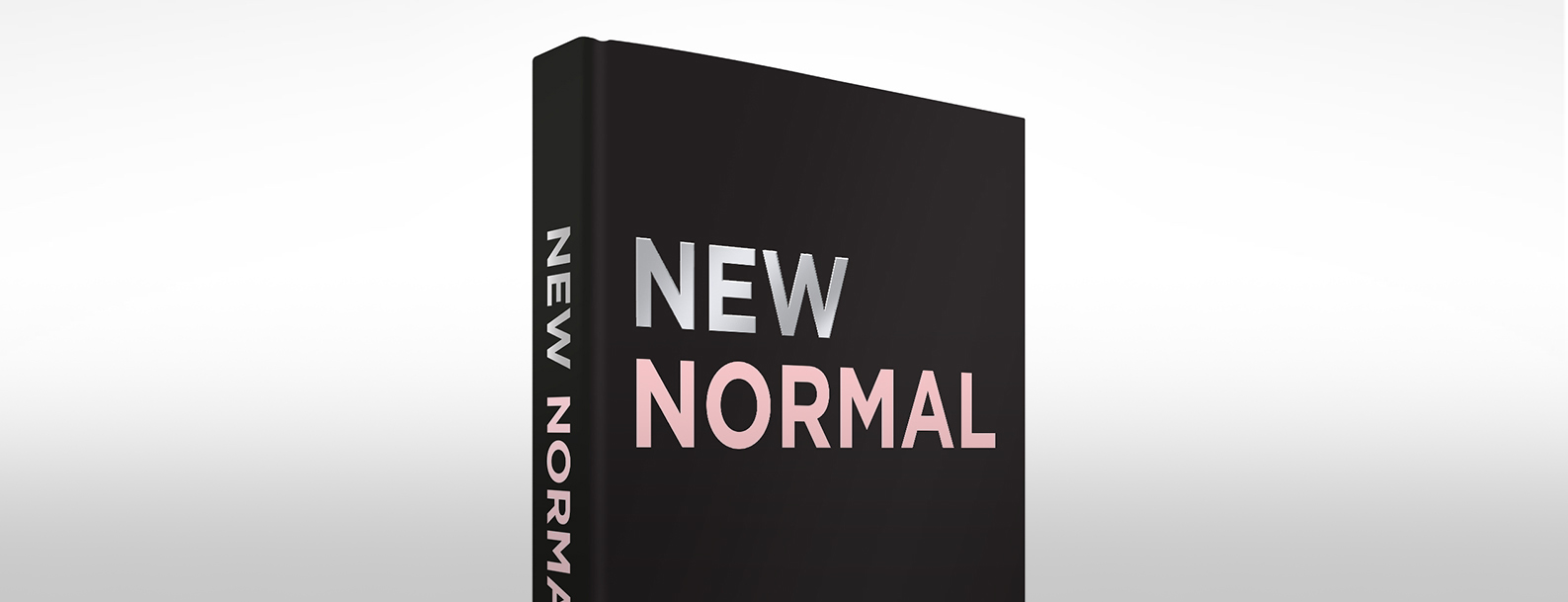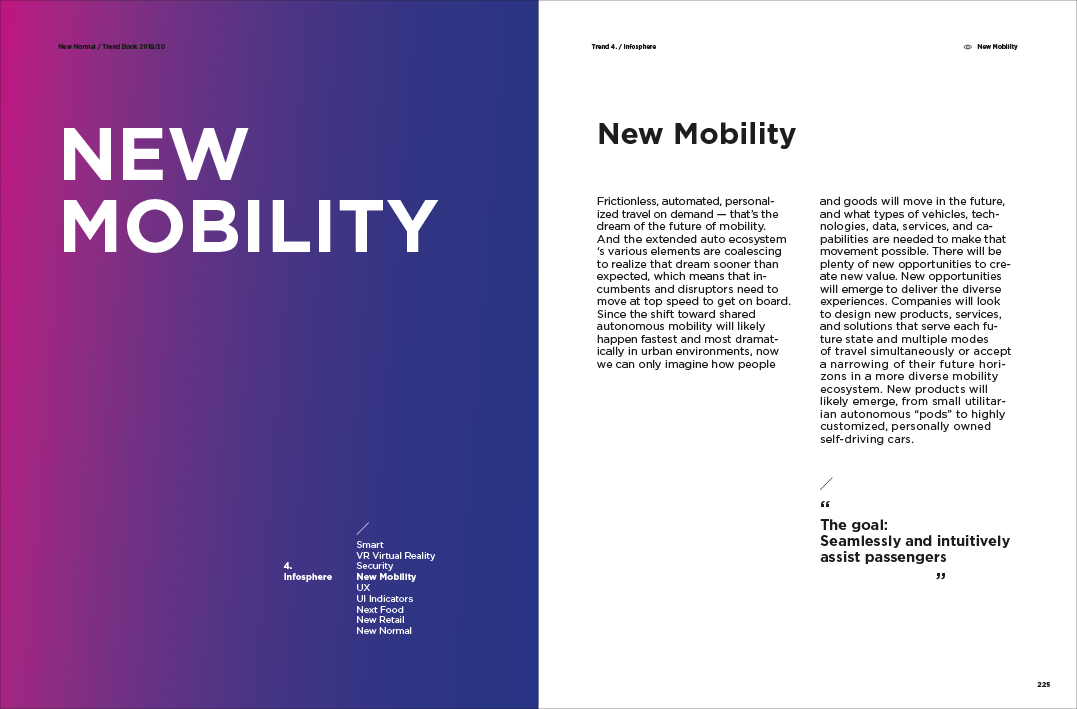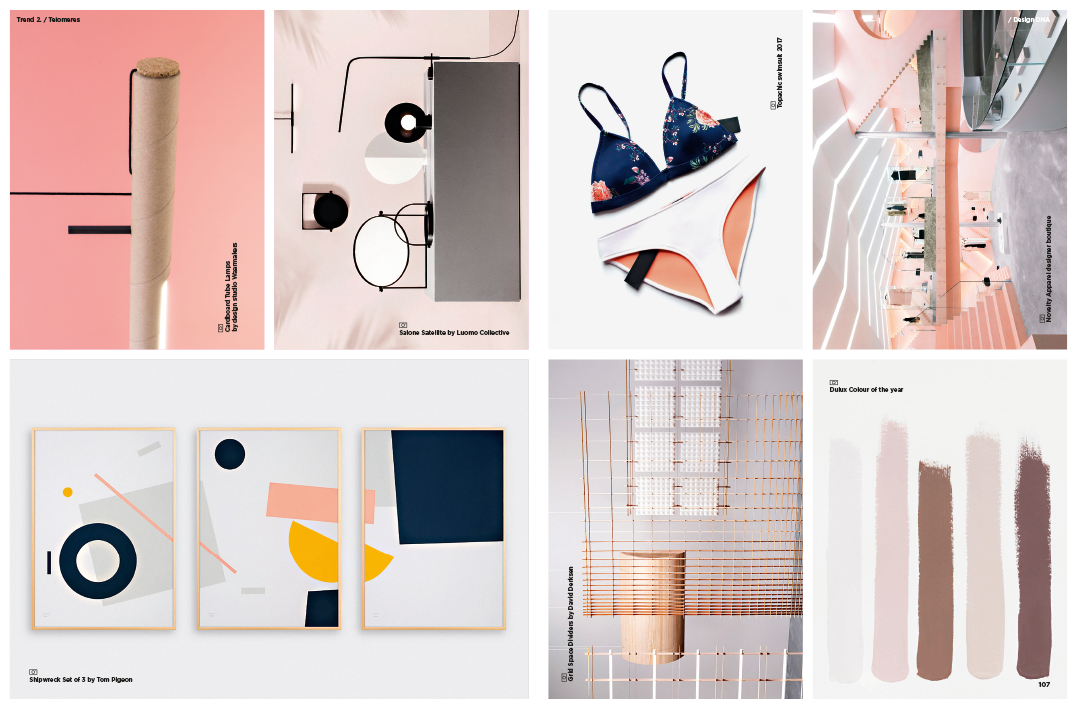For sale! TREND BOOK 2019/20 - NEW NORMAL

Converging socio-demographic, technological, economic and environmental forces are transforming our world so that within in the space of approximately fifty years, the world will look and feel a very different place. According to Peter Drucker, “Every few hundred years in Western history there occurs a sharp transformation. Within a few short decades, society rearranges itself; its worldview (paradigm), its basic values, its social and political structures, its arts, its key institutions. Fifty years later there is a new world.”

Such a dynamic change of age is not served by incremental innovation but by deeper structural change and radical innovation. At this moment, we are living through a fundamental transformation in the way we work. Robotisation, digitalizsation and AI are replacing human tasks and jobs, and changing the skills that organiszations are looking for in their people. These momentous changes raise huge organiszational challenges – at a time when business leaders are already wrestling with unpredictable risks, business model disruption, political uncertainness and societal changes. This isn’t a time to sit back and wait for events to unfold. The global shifts are reshaping the world we live in. What are the implications for organiszations, industries and wider society, right now and in the future? How can we shape and respond to them? Lately, big leading companies started to believe belief in wonders of Design Thinking.
Design Thinking is a creative problem-solving approach with specific tools, methods and mindsets in which designers are adept in. This is exactly what is misleading business because the framing of “where to go next” that guides the direction and strategic objectives of organiszation are missing. Without knowing where to go, the process becomes a wrong effort resulting in unsolved problems. with the end result of not really solving problems. That’s why, the process of Design Thinking starts with changing behaviour within the company by understanding the future context. Future context is an Upfront Innovation Mindset that offers decision makers and executives new fields for their new business opportunities. After management’s commitment to in which the direction in which the company wants to evolvegrow, we can start with the creative process of already known as Design Thinking….when without Upfront Innovation Mindset it is just a waste of time to play with colourful post-its.

Upfront Innovation Mindset is somehow an theenlightenment or even a transformational moment. Here, are isthe battle and the tensions between out- of- the - comfort zone vision and existing reality. This is the process that is crucial to for improving future business. Unfortunately, you never change things by fighting the existing reality. To change something, you need to build a new model that makes the existing model obsolete. If we have to build a new model, it means we have to change the perspectives of how we see our possible new business in the speculative future contexts. The Upfront Innovation Mindset enables is ability to abstract thinking by feeding the mind with cross-fertilised inspiration. In my modest opinion, innovation is an opportunity to create ideas, it is an environment of trust and involvement of all employees, it is an acceptance of risks and mistakes, and above all first of all it is a shared commitment to pursue the strategic goals of the company.
During the past 20 years of my work experience, I have gone went a long way, from making colourful moodboardsmood boards for designers, telling stories about upcoming design language (what used to be called trendwatching), feeding middle management with unusual examples, changing their portfolios’ offer, turning them into level-headed minded advisory partners to executives and R&D directors.

I am very proud of my clients, proud to see seeing them growing and building profitable businesses by taking risks on chances and opportunities. They have made a huge transformation from “makers of thingsthings makers” to design & innovation driven companies. They are not managers anymore; they are true leaders of change. This is what drives my professional satisfaction. I am still learning to avoid (product-, brand-, and marketing-) managers who that formulate their briefings in a the way that it sounds like: “Give us the methods and tools, and we will do the creative process internally with our in-house department experts”. At that moment, I recall Winston Churchill’s quote “We must beware of needless innovation, especially when guided by logic”. The same words apply is same applies to Design Thinking. Knowing the process and having nicely designed tools will not solve problems and will not save businesses from continuing to suffer.
Please allow this Trend Book 2019/20 to be your inspiration to open a window and to change your perspective. Zuzanna Skalska

